Singapore is a country that is small in size but very successful in education. It has been consistently ranking as one of the best-achieving nations for over a decade. In mathematics, this is largely due to the well-thought-out approach the city-state takes to teach the kids in the most efficient manner. This article will describe some of the most popular mobile apps using this approach and explain what is needed for you to create your own.
Belitsoft Experience
During our long journey in building educational apps, we have also delivered one that utilizes a Singaporean approach.
Extraas
Extraas is a powerful game-based learning platform that teaches Dutch and Math to school students and helps them independently prepare for crucial exams.
It uses the Singaporean approach in teaching maths and supplements it with gamification and serious games to ensure good knowledge retention. It all starts with animated learning videos, follows with games and exercises, and ends up with practice tests that are designed to resemble actual exams.
The parents have administrator rights in the system. They can review their child’s progress, determine the weekly workload, receive notifications, and more.
Extraas went live at the beginning of 2020 and has already received high praise from the customers - the average rating is 9.7/10.
How It Works
The latest PISA test showed that Singapore reached the top tier in math once again. This is how they do it.
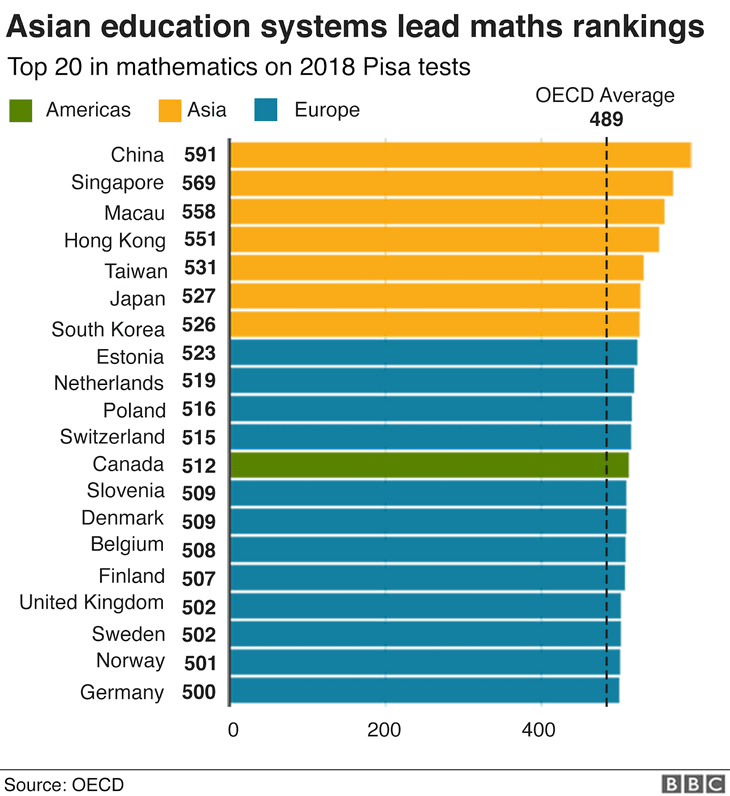
Slow and Steady
The Singaporean approach implies going at a slower pace and dedicating more time to each topic. The children only move on once they have thoroughly learned the topic. This improves knowledge retention and ensures that the kids have a solid mathematical foundation to build upon.
This brings them closer to winning the proverbial race, as by the 4-5 grades the learning can be accelerated because the children can better grasp more complex concepts.
Three Steps
The Singaporean approach includes three steps to teaching a topic: concrete, pictorial, and abstract.
The first step deals with actual physical objects, e.g. paperclips, chips, small toys, etc. Basic operations like addition and subtraction are visualized by adding or removing items from a line.
At the pictorial step, the children draw the so-called “bar-models” to represent the numbers in a problem. The bigger the number, the longer the bar. This method is more efficient compared to “guess-and-check” taught in many American schools and also serves as a link to algebra by teaching children to associate numbers and symbols.
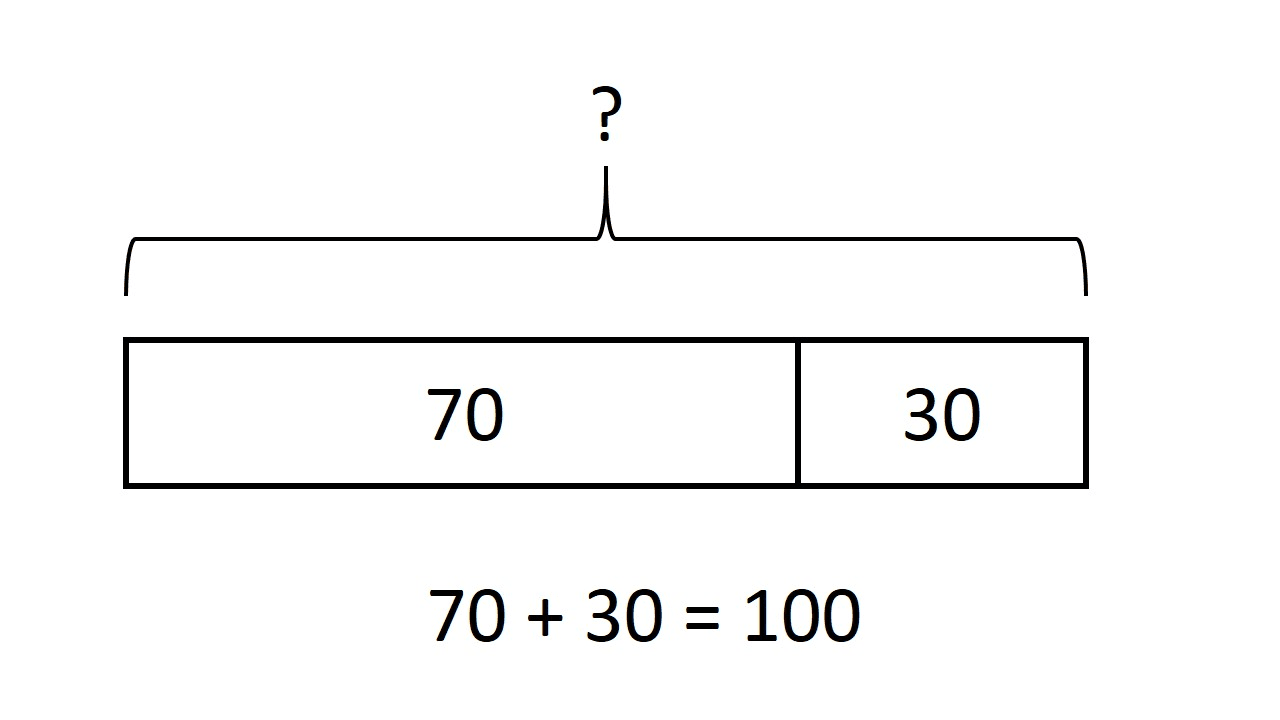
Finally, the students move on from a visual representation of numbers to solving problems with purely abstract calculations.
Singapore Math Apps
The schools are slow to adopt this method, being traditionally conservative and set in their ways. However, entrepreneurs are actively exploring it and using it for their financial gain. See some examples of the apps that are using such an approach.
1. SplashLearn
A hugely successful app with over 100,000 installs and numerous awards, SplashLearn helps kids from kindergarten to 5th grade.
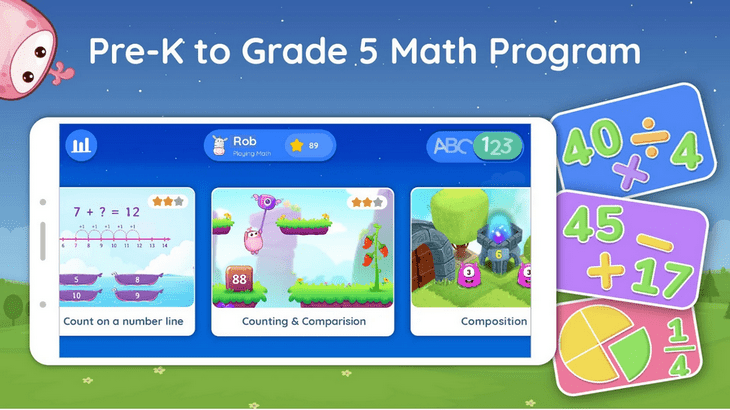
SplashLearn
The developers focused on visual learning as an approach that would be most popular with the kids. Besides the three-step Singaporean plan, SplashLearn also uses a wide array of learning games.
SplashLearn has a 7-day free trial. After that, the subscription costs USD 8/month or USD 60/yr.
2. Prodigy
A hugely successful app with over 100,000 installs and numerous awards, SplashLearn helps kids from kindergarten to 5th grade.
With over a million downloads on Android alone, Prodigy partially owes its popularity to its compatibility with national and state math requirements in the USA, UK, Canada, Australia, and India.
The app is free but has a premium subscription which opens up additional content. A monthly plan costs USD 8.95/child, a 6-months plan costs USD 47.70/child, and a yearly plan costs 59,88/child.
3. Khan Academy Kids
Khan Academy is one of the most popular MOOC platforms. Their mobile app has also become hugely successful, with over a million downloads on Android alone.
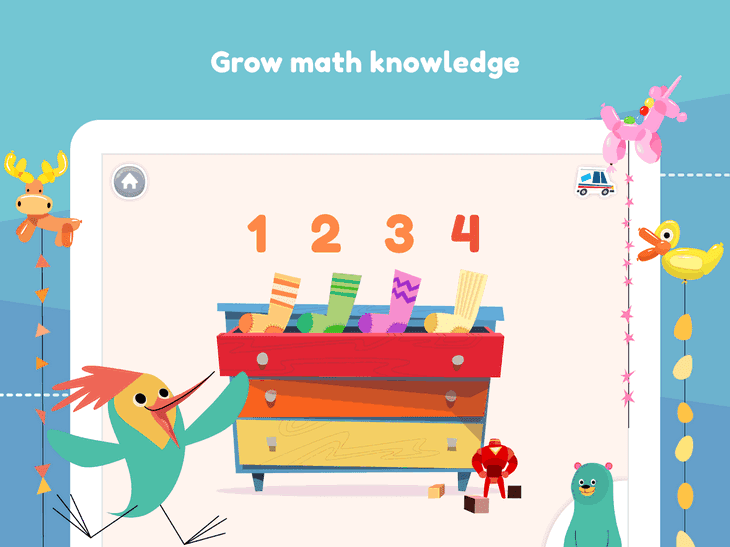
Khan Academy Kids App
This app includes math courses taught according to the Singaporean methods and also other learning programs like reading and emotional development. It also has personalized learning paths that adapt to each student and an array of tools for teachers that help monitor kids’ progress.
The Khan Academy Kids is a free app. However, Khan Academy itself is a non-profit organization.
4. Buzzmath
Buzzmath is a web and iPad app that focuses on supporting Common Core math teaching. Over 600,000 students in North America use it.
Buzzmath is designed to be used at schools. As such, it is compatible with whiteboards and has an array of reporting tools for teachers. At the core of the app, there are over 8000 exercises for students from 1 to 8 grades.
Buzzmath has different pricing options for families and schools.
The family plan supports up to 4 children and costs USD 20/month or USD 120/year.
The school plan costs USD 10 per year per student. School districts can inquire about custom pricing options.
5. Elephant Learning
Elephant Learning positions itself as an “Automated Math Academy For Students Ages 2-16.” It has tens of thousands of downloads on both platforms.
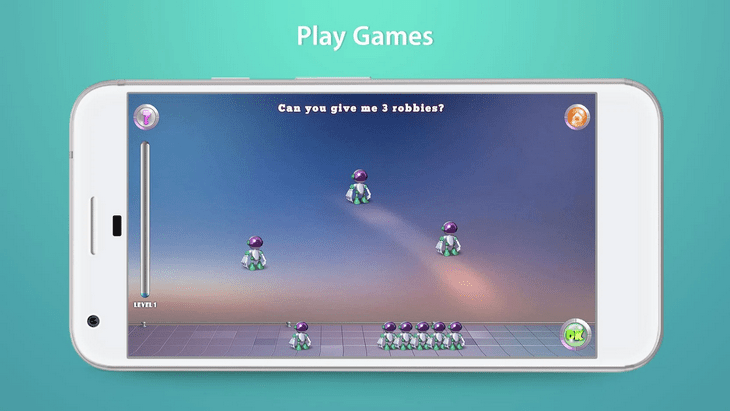
Elephant Learning
The app contains 21 math games. According to the developers, they allow a student to learn a year’s worth of math in 3 months while studying for only 30 minutes per week. It also has recommendations for parents on how to integrate studying in a child’s regular day.
Elephant Learning costs USD 35/month. This covers up to 7 kids.
6. DoodleMaths
DoodleMaths is aimed at students from kindergarten to 6th grade. It adapts to the specific person’s strengths and weaknesses and meets the Common Core standards.
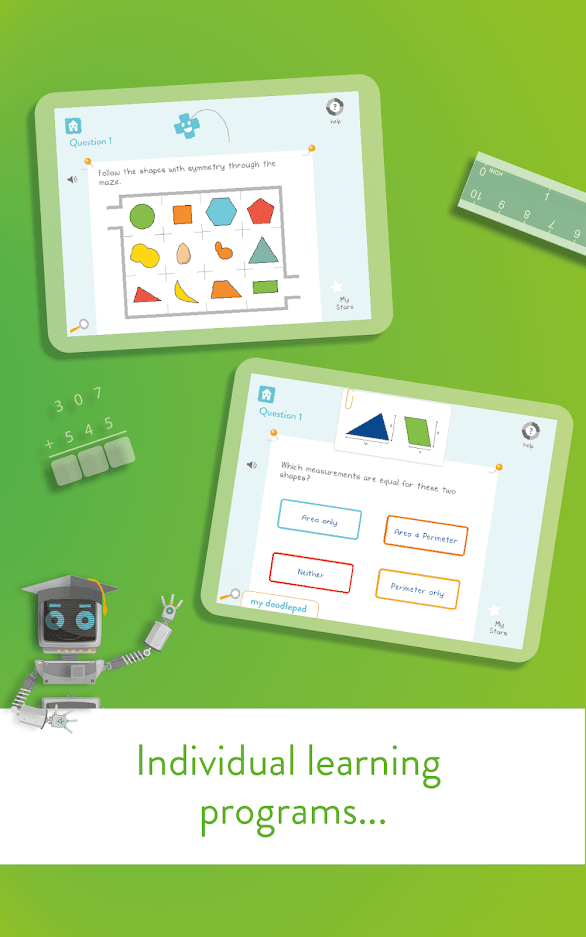
DoodleMaths employs the Singaporean model as well as gamification to encourage students. It also has dashboards for teachers or parents to monitor the children’s progress. The app can work offline, but the dashboards are web-based and are synchronized whenever there is a fitting connection.
DoodleMaths has different pricing for parents and schools. There are free trial options as well.
The parent plans cost GBP 5,99 per month, GBP 55,99 per year, or GBP 169,99 for a life-long license.
7. Rocket Math
Rocket Math aims to train children to count quickly as well as teach them math facts. Its target audience is kids from 6 to 14.
The idea of Rocket Math is to make calculations automatic so that people can divert their attention to other aspects of the problem. This is done through a pair of mobile apps (one for addition and multiplication, the other for subtraction and division) and a web application. All of them are game-based.
Rocket Math mobile apps cost USD 2.99. The online game has bulk discounts: 1-10 licenses (“seats”) cost USD 3.89/yr, which progressively decreases to USD 0.85/yr for 1000+ licenses.
8. Matholia
Matholia is an online service that teaches kids math according to the official syllabus of Singapore.
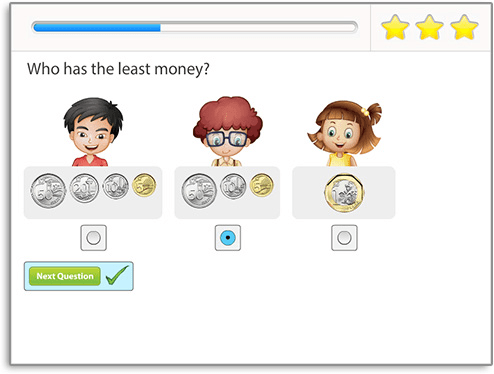
Matholia
It contains videos with lectures, practice modules to actually use the knowledge, and educational games to relax while solidifying the learned skills. Matholia targets students from 1 to 6 grade.
Matholia has three types of licenses:
- A 30-days plan costs USD 19.99
- A 90 days plan costs USD 54.99
- A year-long plan costs USD 117.99
Rate this article
Recommended posts
Portfolio
Our Clients' Feedback


















.jpg)
.jpg)
![Artificial Intelligence in Education [Ultimate Knowledge Hub]](/uploads/images/blog/posts/previews/image_163177848252-image(600x250-crop).jpg)
.jpg)
.jpg)

.jpg)
.jpg)
.jpg)
.jpg)
.jpg)
![How to Create a Language Learning App [The Ultimate Guide!]](/uploads/images/blog/posts/previews/image_155352483594-image(600x250-crop).png)
.jpg)
.jpg)
.jpg)
.jpg)
![Integrate Your CRM with LMS to Increase Sales [Start now!]](/uploads/images/blog/posts/previews/image_162030700147-image(600x250-crop).jpg)
.jpg)
.jpg)
.jpg)
.jpg)
.jpg)
.png)
.jpg)
.jpg)
.jpg)
.png)
.jpg)
.jpg)
.jpg)
.jpg)
.jpg)
.jpg)
.jpg)


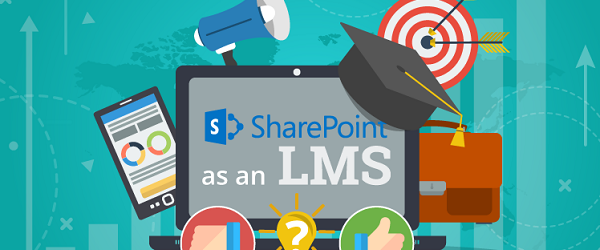
.jpg)
.jpg)
.jpg)
.jpg)
.jpg)
.jpg)
.jpg)
.jpg)
.jpg)
.jpg)
.jpg)
.jpg)
.jpg)
.jpg)
.jpg)
.jpg)
.jpg)
.jpg)
.png)
.png)
.png)
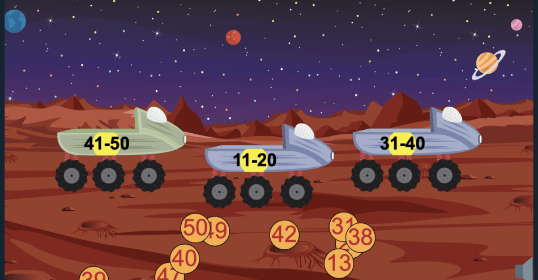

















We have been working for over 10 years and they have become our long-term technology partner. Any software development, programming, or design needs we have had, Belitsoft company has always been able to handle this for us.
Founder from ZensAI (Microsoft)/ formerly Elearningforce